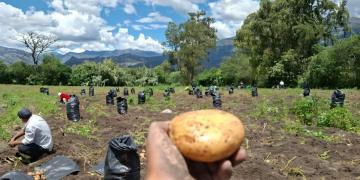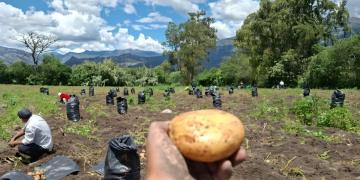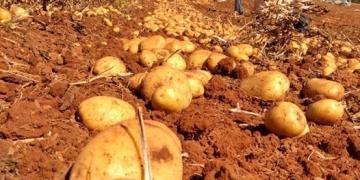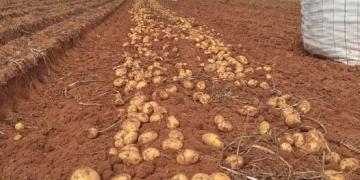Colombia: The use of certified potato seeds and other species is low.
In the country there are only 15 crops with certified seeds and more than 1,000 species classified as selected seeds, including vegetables, flowers, aromatic plants, forestry, among other crops.
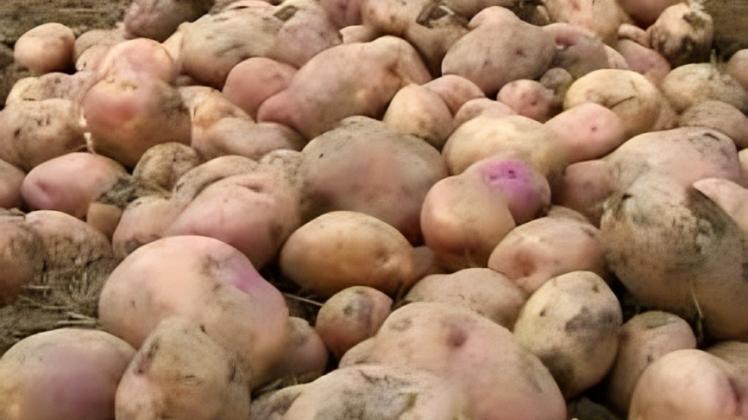
The Colombian Association of Seeds and Biotechnology, Acosemillas, revealed that in Colombia there are 15 species of certified seeds: sesame, cotton, rice, pea, oat, barley, bean, corn, peanut, potato, sorghum, soy, wheat, cassava and citrus fruits.
Unfortunately, there are still crops that use very low quantities of this type of seed, risking the quality of the harvest and the phytosanitary status of the country.
See morePotato agronomy coursesSoil analysis servicesSpecialized agricultural machineryBooks on potato cultivationtableBags for papaDrip irrigation systemsDetailed weather forecastsMarket price analysisPotatoFor example, Leonardo Ariza, president of Acosemillas, pointed out that during 2024, in crops such as potatoes, only 10% of the 109,000 hectares planted in the national territory were certified seed; for soybeans, the percentage was close to 12% in the 93,200 hectares planted; meanwhile, the certified rice seed planted was only 22% in the 631,071 hectares of this crop.
In contrast, crops such as corn and cotton used a high percentage of certified seeds, with 87.5% of the 342,966 hectares sown for the cereal and 80% of the 12,000 hectares in 2024.
The use of unauthorized seeds reduces yields, jeopardizes the producer’s profitability, and compromises traceability and food safety.
Roadmap for transformation
Acosemillas works continuously to defend the free operation of the seed sector and conducts educational campaigns that promote the use of high-quality seeds and biotechnology seeds, as well as inter-institutional collaboration with different actors that make up the national seed system, such as state entities, academia, the media, and the private sector.
To design public policy instruments that stimulate and promote the use of these types of seeds, such as electronic invoicing, credit incentives like preferential rates, access to agricultural insurance, among others, within a shared vision to combat illegality and protect producers with clear information and traceability.
The ICA, for its part, has urged farmers to purchase seeds and supplies from registered establishments and to consult official resolutions regarding authorized sales and planting dates, thus guaranteeing quality and reducing the risk of climate-related damage and losses due to pest and disease attacks.
As part of the work for seed quality, the ICA seed analysis laboratories, during the current period of 2024, carried out 39,820 analyses mainly associated with official seed certification programs of various plant species, as well as the control of marketing and attention to individual users related to import processes and institutional support.
“With authorized seeds, better yields are achieved, greater resistance to pests and diseases, and efficiency in the use of resources such as water and inputs,” the union leader highlighted.
“Cooperation between institutions is key to building a stronger, fairer, and more resilient agricultural sector. Communication is an integral part of the agricultural ecosystem. By understanding how science supports agriculture, we can continue to educate, raise awareness, and advocate for a fairer, more sustainable, and technologically advanced agricultural sector,” concluded Ariza Ramírez.
Fuente: ecosdelcombeima.com

